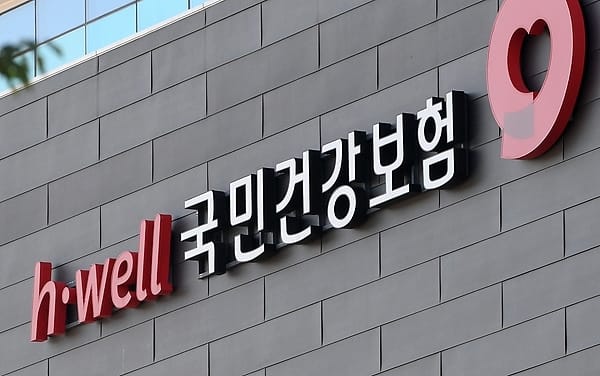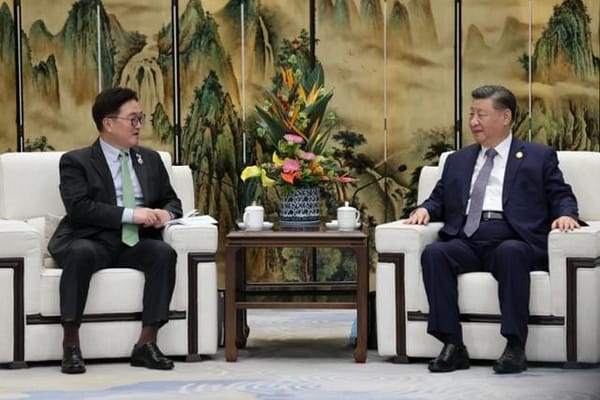Credit: The Bank of Korea.
On March 5, the Bank of Korea 한국은행 published a report that warned of the drag on gross domestic product caused by the increasing cost of children and the elderly. Demand for senior care, in particular, is likely to skyrocket over the next decade as the South Korean society turns rapidly grayer, leading to a severe shortage of domestic care workers. The economic loss from the shortage is projected to increase from 0.9% of the GDP in 2022, to up to 3.6% of the GDP by 2042.
The BOK’s proposed solution? An exception to minimum wage laws applying only to migrant workers. The report noted that hourly wages for migrant workers working in domestic care in South Korea are more than quadruple the wage in Hong Kong, Singapore and Taiwan, adding that lower wages for care workers have enabled more Hong Kong-born women to participate in the labor market.
Trade unions and activist groups for migrant workers quickly criticized the proposal as “discriminatory” and “contrary to human rights.” Assembly Member Jasmine Lee 이자스민, a Filipina Korean who is the first non-Korean born legislator in the National Assembly 국회, called the proposal “a clear violation of domestic and international laws,” and demanded that BOK chief Lee Chang-yong 이창용 apologize.








